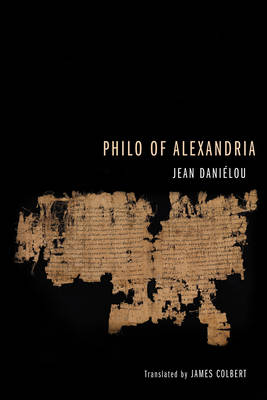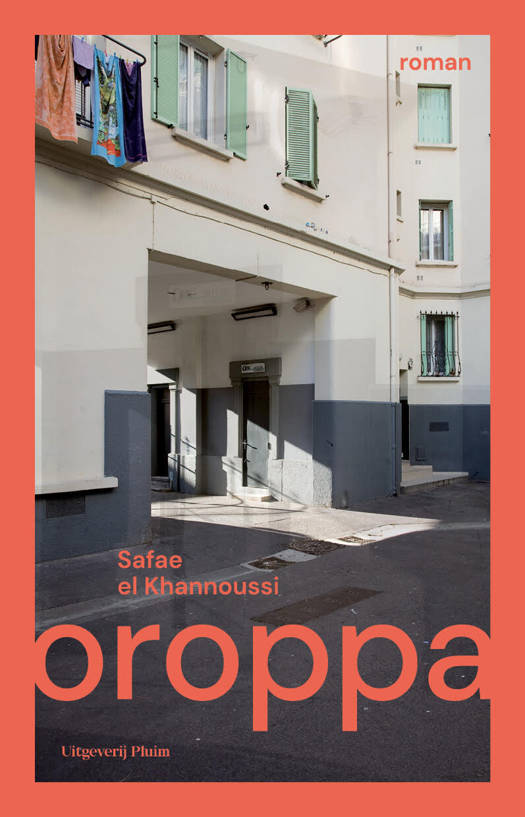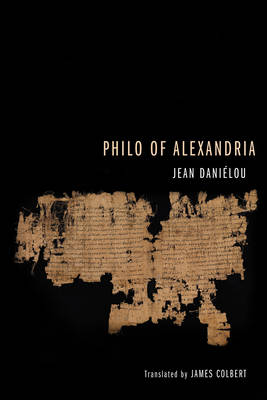
- Afhalen na 1 uur in een winkel met voorraad
- Gratis thuislevering in België vanaf € 30
- Ruim aanbod met 7 miljoen producten
- Afhalen na 1 uur in een winkel met voorraad
- Gratis thuislevering in België vanaf € 30
- Ruim aanbod met 7 miljoen producten
Zoeken
Omschrijving
Philo of Alexandria was a few years older than Jesus of Nazareth and lived longer. He belonged to a wealthy and cultured family, prominent in the Jewish community in Alexandria. Philo had contacts with the highest level of Roman authorities. He was on a risky diplomatic mission to Caligula on behalf of the persecuted Jews of Alexandria during what turned out to be Caligula's last days. Herod Agrippa was a friend in Rome during Philo's hour of greatest need. Philo is a sympathetic source on what sounds very much like a contemporary Jewish monastic movement. He is also one of the creators of the allegorical interpretation of Scripture. Some of his exegesis is reminiscent of Pythagorean numerology. It has been argued that Philo, who was well educated in Greek thought, was the founder of medieval philosophy. St. John seems to adapt Philo's thoughts about the Logos, the Word, in the prologue to his Gospel. There are also close ties between Philo's thinking and the Letter to the Hebrews. Jean Danielou, a paradigm of scholarship and clarity, makes Philo speak to us in his own voice. Anyone interested in patristics, exegesis, or simply Christian beginnings will benefit by reading Danielou's treatment of Philo.
Specificaties
Betrokkenen
- Auteur(s):
- Vertaler(s):
- Uitgeverij:
Inhoud
- Aantal bladzijden:
- 202
- Taal:
- Engels
Eigenschappen
- Productcode (EAN):
- 9781625644299
- Verschijningsdatum:
- 25/06/2014
- Uitvoering:
- Paperback
- Formaat:
- Trade paperback (VS)
- Afmetingen:
- 140 mm x 213 mm
- Gewicht:
- 68 g

Alleen bij Standaard Boekhandel
+ 74 punten op je klantenkaart van Standaard Boekhandel
Beoordelingen
We publiceren alleen reviews die voldoen aan de voorwaarden voor reviews. Bekijk onze voorwaarden voor reviews.











